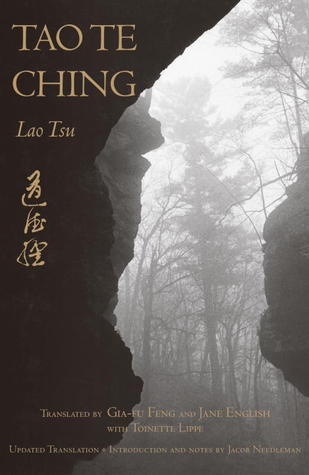Sublime
An inspiration engine for ideas
philosophy
Ish H • 20 cards

According to tradition, the originator of Taoism, Lao-tzu, was an older contemporary of Kung Fu-tzu, or Confucius, who died in 479 B.C.1 Lao-tzu is said to have been the author of the Tao Te Ching, a short book of aphorisms, setting forth the principles of the Tao and its power or virtue (Tee). But traditional Chinese philosophy ascribes both
... See moreAlan W. Watts • The Way of Zen
Tao Te Ching
goodreads.com
Life happens, you’re there, but you don’t make it happen. There is no burden; there is no stress. The forces take care of themselves as you sit in the center. That is the Tao. It’s the most beautiful place in all of life. You can’t touch it, but you can be at one with it.
Michael A. Singer • The Untethered Soul: The Journey Beyond Yourself
The power of Tao is not a force that can be harnessed or controlled. It is not a power in the conventional sense. It is an energy that blossoms flowers in spring. It is the light of the sun reflected in the moon. It is a timeless wisdom running through a newborn child. It is the lifeforce leaving a dying animal. The power cannot be turned into
... See moreA Wayfarer • Te of Tao

HO-SHANG KUNG says, “To know the unchanging course of the Way is to be free of passion and desire and to yield. To yield is to be free of self-interest. To be free of self-interest is to rule the world. To rule the world is to merge your virtue with that of Heaven. And to merge your virtue with that of Heaven is to be one with the Way. If you can
... See more